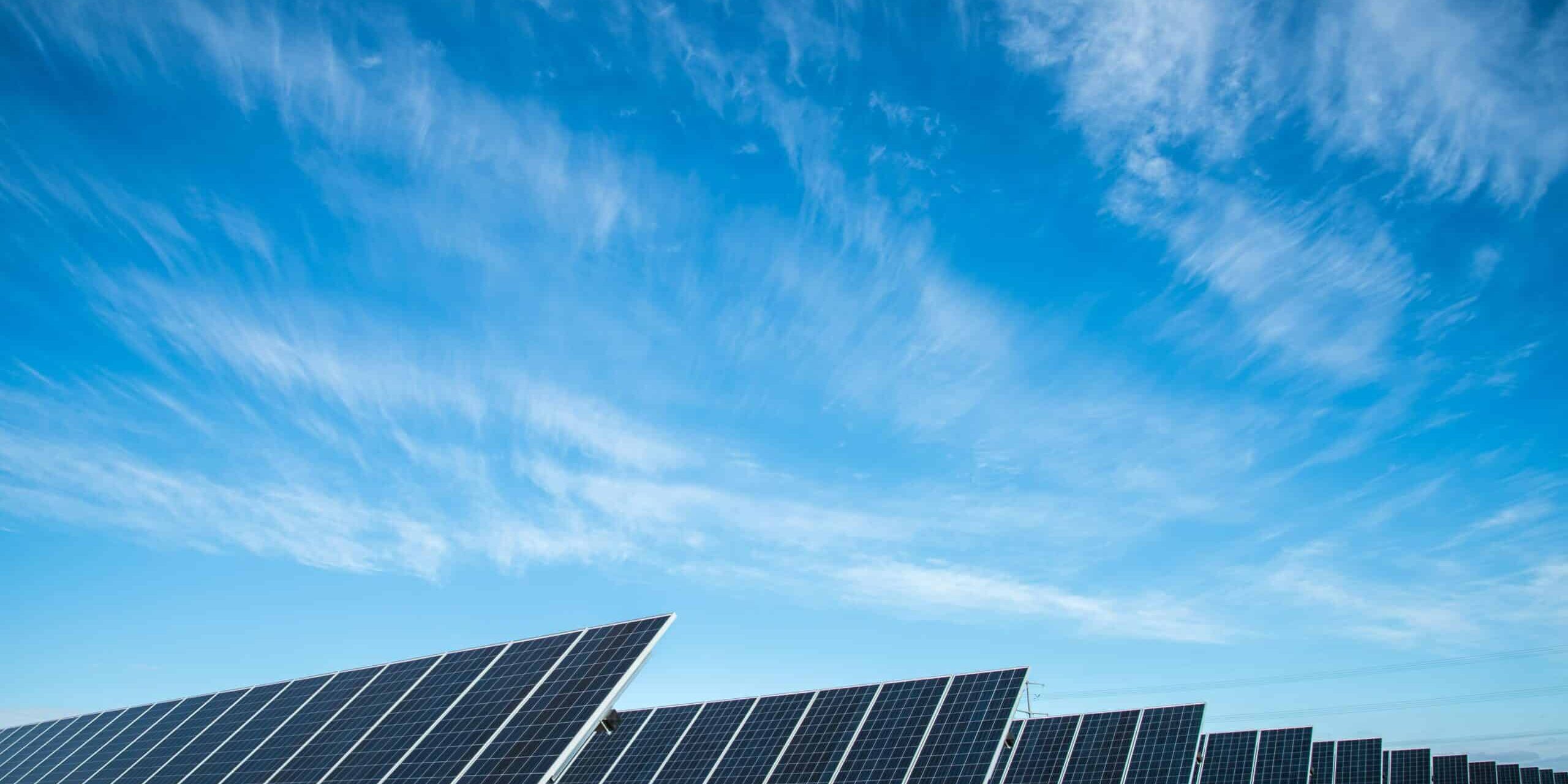Intersolar Europe 2024 in Munich shone a spotlight on a pivotal trend in the solar industry: the drive towards supply chain independence. Industry leaders highlighted the importance of developing robust and self-sufficient supply chains to enhance resilience and capitalize on emerging global opportunities.
An executive from a prominent solar manufacturing company emphasized the strategic shift towards greater self-reliance in the sector. The firm, which produces critical solar components such as ingots, wafers, cells, and modules, has significantly expanded its operational capacity. With an annual module capacity currently at 2.8GW, the company plans to increase this to 6GW by 2025. This growth underscores their commitment to maintaining control over their supply chain while scaling operations.
“Countries around the world are increasingly focusing on self-sufficiency, especially in the wake of the Covid-19 pandemic,” the executive noted. “The pandemic highlighted the vulnerabilities in global supply chains and underscored the necessity for companies to build more resilient and independent frameworks.”
This focus on independence is particularly timely given the evolving legislative and trade landscapes. Policies like the US Inflation Reduction Act (IRA) and various anti-dumping duties have reshaped the commercial dynamics for solar manufacturing. These changes have driven companies to rethink their manufacturing and export strategies, particularly in relation to key markets such as the United States and the European Union.
The executive highlighted the growing importance of establishing industrial capacity domestically, aligning with India’s long-standing ‘Made in India’ initiative. This initiative has greatly benefited India’s solar sector, which is on track to expand its current 83GW of operational solar capacity. “India has always championed local manufacturing across all sectors,” the executive said. “Solar energy, with its vast potential, is set to play a leading role in our renewable energy future.”
Supportive government policies have been instrumental in driving this growth. In the first quarter of 2024 alone, India added over 10GW of new solar capacity, a remarkable 400% increase compared to the same period last year. These policies not only support achieving ambitious energy targets but also enhance local manufacturing capabilities.
The firm’s participation in Intersolar Europe is part of a strategic effort to boost its visibility among global industry leaders. “Our presence here is to affirm our readiness to compete in major markets like the US and Europe,” the executive explained. Although European markets face challenges like price competition and oversupply, the company remains optimistic about future opportunities as markets evolve and adapt.
The executive also emphasized the importance of aligning policies, stabilizing technologies, and committing to sustainable growth. “With our integrated supply chain and extensive experience in manufacturing, we are well-positioned to navigate the complexities of the global solar market and contribute to its sustainable development,” they added.
The firm’s approach to expanding its capacity and capabilities reflects a positive and proactive stance towards strengthening supply chain independence. As the solar sector continues to grow and innovate, the focus on creating resilient and self-sufficient supply chains will be a cornerstone of future success.
#ICTTMNews #BreakingNews #SupplyChainResilience #SolarIndustryGrowth #RenewableEnergy #GlobalTradeNews #MarketExpansion







